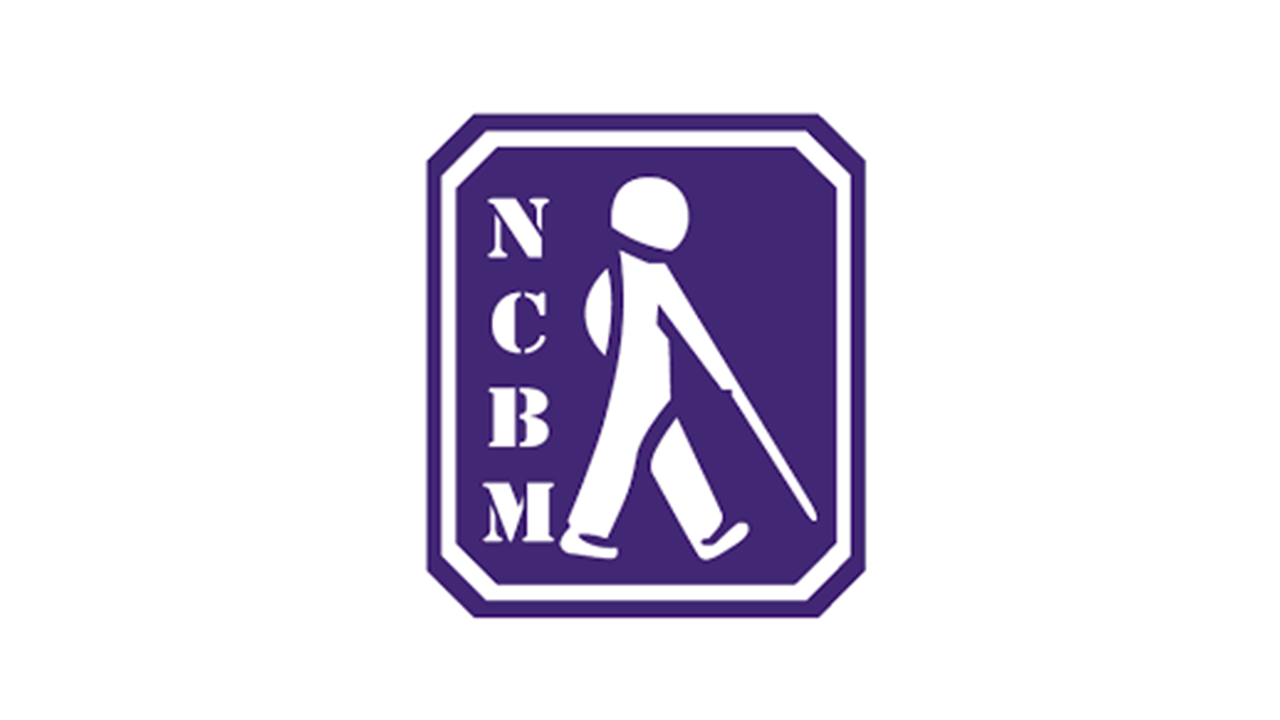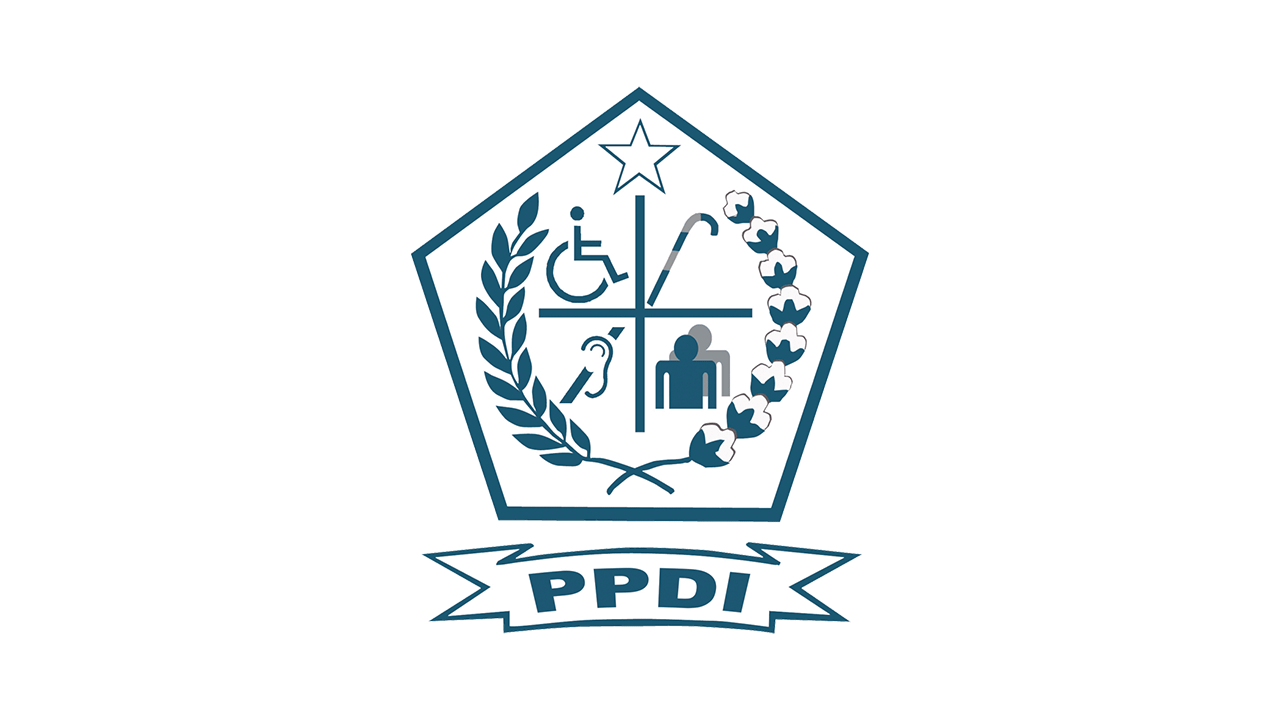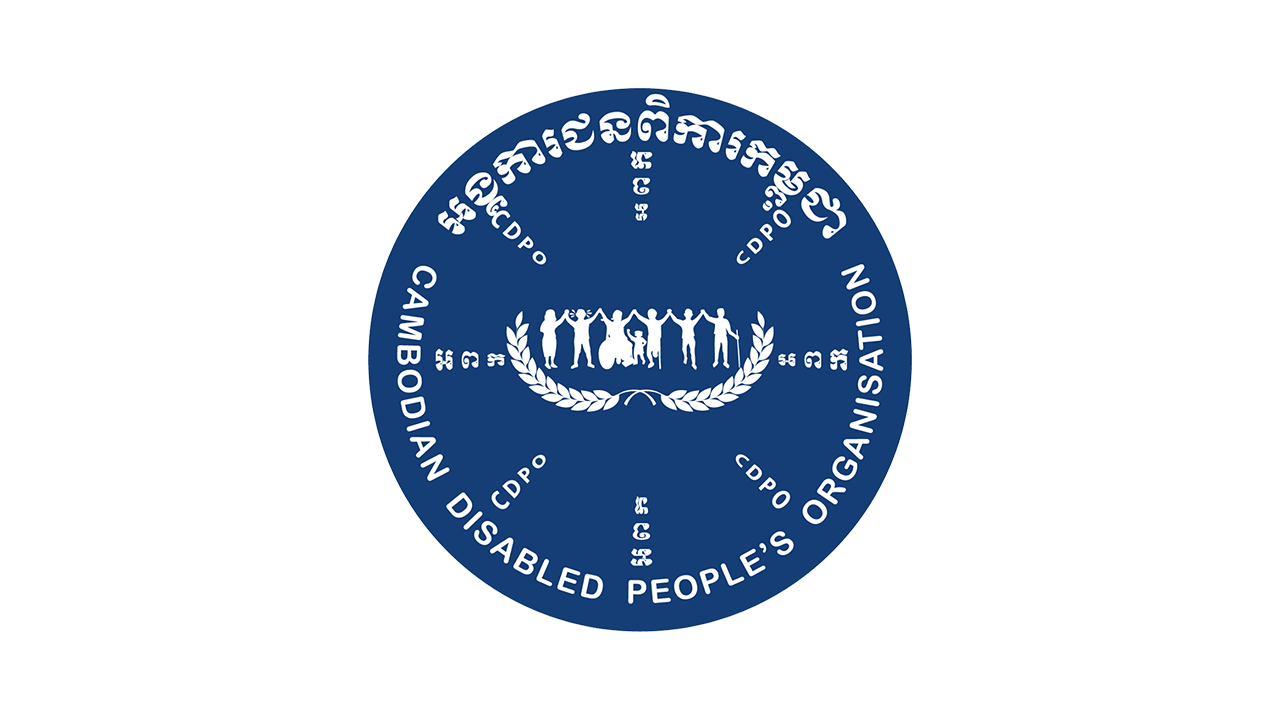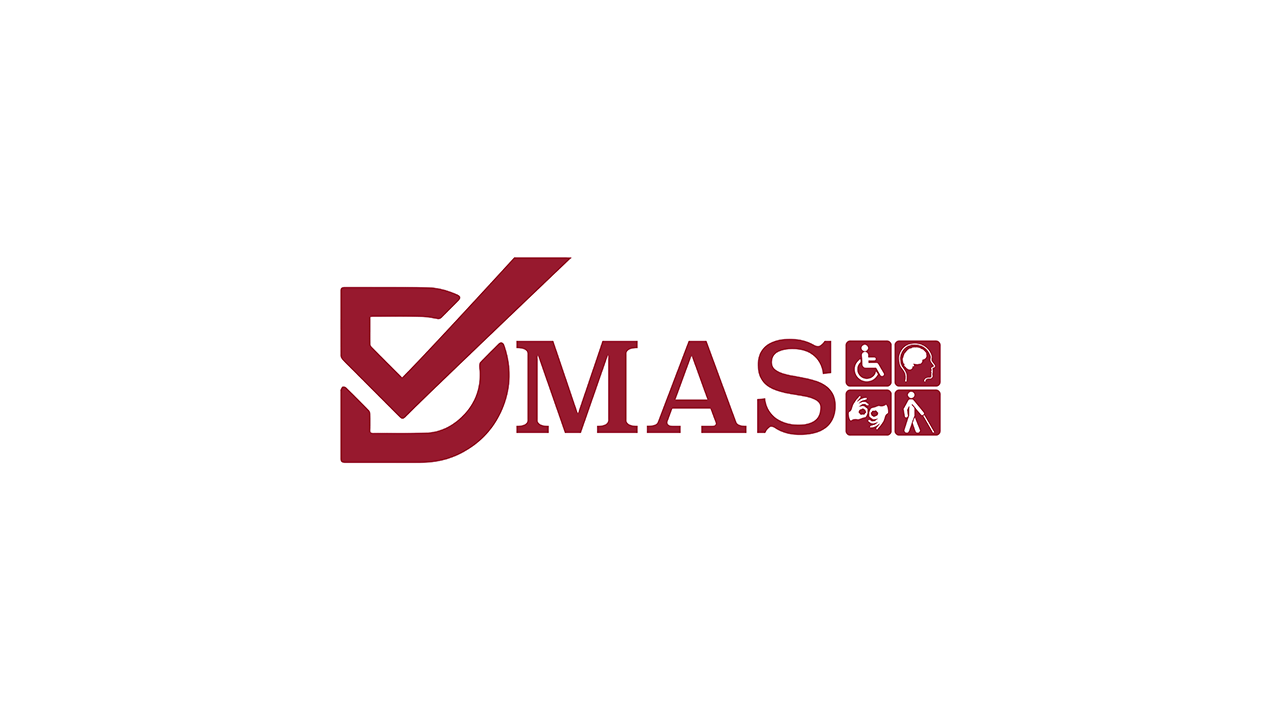On June 17, AGENDA partner the National Council for the Blind Malaysia (NCBM) conducted its second webinar to identify challenges and solutions from relevant stakeholders, including the Malaysian government and persons with disabilities and their organizations, on making built (physical) environments more accessible. Speakers also advocated for the participation of persons with disabilities in the decision-making process of designing built environments. Yang Berhormat Senator Datuk Ras Adiba Radzi gave a keynote speech emphasizing the need for accessibility in built environments for persons with disabilities and further awareness-raising activities for the public.
Professor Dr. Asiah Abdul Rahim from the KAED Universal Design Unit (KUDU) of the International Islamic University Malaysia presented on the practical application of the Malaysia Standard 1184:2014 Universal Design (UD) and Accessibility in the Built Environment – Code of Practice (Second Revision), a national guideline to promote UD principles. She encouraged stakeholders to adhere to these principles when designing new buildings while continuing to conduct accessibility audits for existing ones. The next presentation by the Deputy Director of Project Implementation and Building Maintenance Department of Kuala Lumpur City Hall, Dalilah Bee Abdullah, focused on the department‘s strategies to make Kuala Lumpur a disability-inclusive city. To achieve this, the government and private companies should implement UD principles. Government stakeholders should encourage these efforts by recognizing and giving awards to companies for their efforts to ensure the accessibility of their buildings. Former local councilor at Petaling Jaya, Sia Siew Chin, shared her success story of making it compulsory for contractors and building owners to seek approval from the city’s UD unit before infrastructure plans are implemented, which improved the accessibility of their buildings when renewing their licenses. Next, the former member of the National Council for Persons with Disabilities, Moses Choo, reflected on his experiences advocating for accessible infrastructure for persons with disabilities and stressed that the council does not have the authority to direct ministries and other government agencies to create or implement policies. He suggested that persons with disabilities and their organizations utilize coalitions to advocate for these issues. He also encouraged young people with disabilities to nurture their political consciousness and contribute to decision-making processes by organizing and seeking opportunities to be trained on conducting effective advocacy or pursuing politics. The last speaker, the President of the Malaysian Association of Spinal Injury Advocacy, Rizal Mat Noor, suggested that stakeholders, especially the government, involve persons with disabilities in all aspects and not just for accessibility audits, emphasizing that persons with disabilities must be consulted and engaged from the initial planning phases. The webinar was originally scheduled on June 16 but delayed to June 17 due to technical issues. As of June 27, there were 424 views, 19 shares and 41 comments on the webinar posted on NCBM’s Facebook Page.










